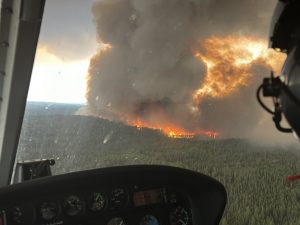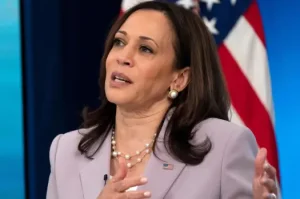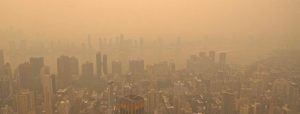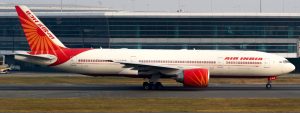The Air Quality Index in the capital city of New Delhi turned ‘severe’ on Diwali, with stubble burning accounting for 32% of the city’s PM 2.5 pollution and calm winds aggravating the situation, reported PTI quoting officials.
SAFAR, the Ministry of Earth Sciences’ air pollution governing body, said, “Even a small increase in local additional emissions is likely to have a significant deterioration impact on Sunday and Monday.”
It added that peak levels of PM10 and PM 2.5 are expected between 1 am and 6 pm in case of additional internal emissions.
It also said that the PM 2.5 concentration in Delhi on Diwali was most likely its lowest in the last four years, if no firecrackers were burnt.
The city recorded an overall AQI of 414 on Saturday, making the air quality in the capital city ‘severe.’ The 24 hour average AQI recorded in the city was 339 on Friday and 314 on Thursday.
Delhi recorded a 24-hour average AQI of 337 on Diwali last year, and 368 and 400 in the following two days. Thereafter, pollution levels remained in the several category for three days.
In 2018, the 24-hour average AQI on Diwali was 281, in the ‘poor’ category. It deteriorated to 390 the next day and remained in the severe category on three consecutive days.
Also Read: Frothing in Yamuna: DPCC seals two polluting units, orders closure of 15 others
The India Meteorological Department has said that a fresh western disturbance will probably increase the wind speed and improve the air quality in Delhi-NCR post Diiwali.
Light rain is expected on Sunday due to a western disturbance. Kuldeep Srivastava, the head of the IMD’s regional forecasting centre, said, it is still to be seen if it is enough to wash away pollutants.
“However, Delhi-NCR’s air quality is likely to improve post Diwali due to an expected increase in the wind speed on Sunday,” he added.
Also Read: ‘Air pollution main reason behind surge in COVID-19 cases’: Delhi CM Arvind Kejriwal
V K Soni, the head of the IMD’s environment research centre, said calm winds, smoke from farm fires and firecrackers emissions may push the air quality to the “severe” zone on Diwali night. The wind speed is expected to pick up thereafter and the wind direction will be east-south easterly, he said.
There will be a significant improvement in air quality by November 16, Soni said.






